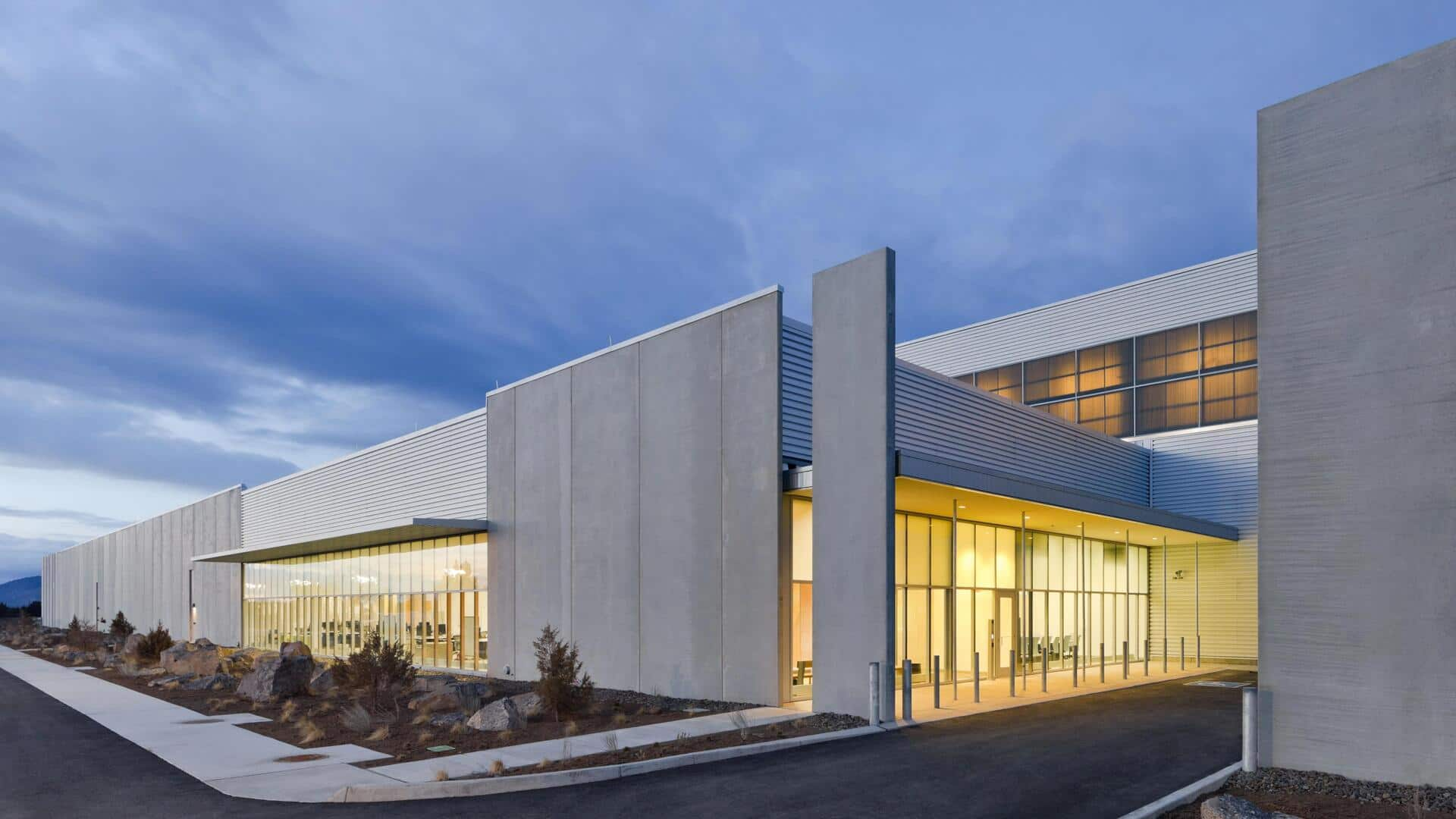
Meta to build 5GW 'Hyperion' AI data center
What's the story
Meta has announced the construction of a massive new artificial intelligence (AI) data center. Named Hyperion, it will provide enough computing power to take on industry giants such as OpenAI and Google. Meta CEO Mark Zuckerberg said the facility would be as big as most of Manhattan and would help Meta push the boundaries of AI capabilities. The company plans to invest hundreds of billions of dollars in building AI data centers to support its push toward superintelligence.
Strategic expansion
Hyperion part of Meta's plan to stay ahead in AI
The Hyperion data center is a key part of Meta's strategy to stay ahead in the AI race. The company has already hired top talent such as former Scale AI CEO Alexandr Wang and Safe Superintelligence CEO Daniel Gross to lead its Superintelligence Lab. Now, with Hyperion, Meta is focusing on the massive computational power needed for training advanced AI models.
Supercluster launch
Meta also building 1GW 'supercluster' named Prometheus
Zuckerberg also revealed that Meta plans to launch a one-gigawatt "supercluster" named Prometheus in 2026. This move will make Meta one of the first tech companies to do so. The Prometheus cluster is being built in Ohio, with Hyperion sited in Louisiana. The combined power of Prometheus and Hyperion will be enough to power millions of homes, potentially putting a strain on local resources such as electricity and water.
Community concerns
AI data centers already affecting local communities
Meta's data center projects have already affected local communities. For instance, one of its facilities in Newton County, Georgia, has reportedly left some residents without water. Other AI data center projects could face similar issues for people living nearby. CoreWeave, another AI hyperscaler, is planning an expansion that could double the electricity needs of a city near Dallas, Texas.
Federal support
US pushing for more energy-intensive AI data centers
Despite the potential challenges for local communities, tech companies are pushing ahead with massive data center projects to fuel their AI ambitions. The Trump administration has largely supported this move. In a column in The Economist on Monday, US Secretary of Energy Chris Wright called for the US to "lead the next major energy-intensive frontier: artificial intelligence." He said that AI transforms electricity into "the most valuable output imaginable: intelligence."